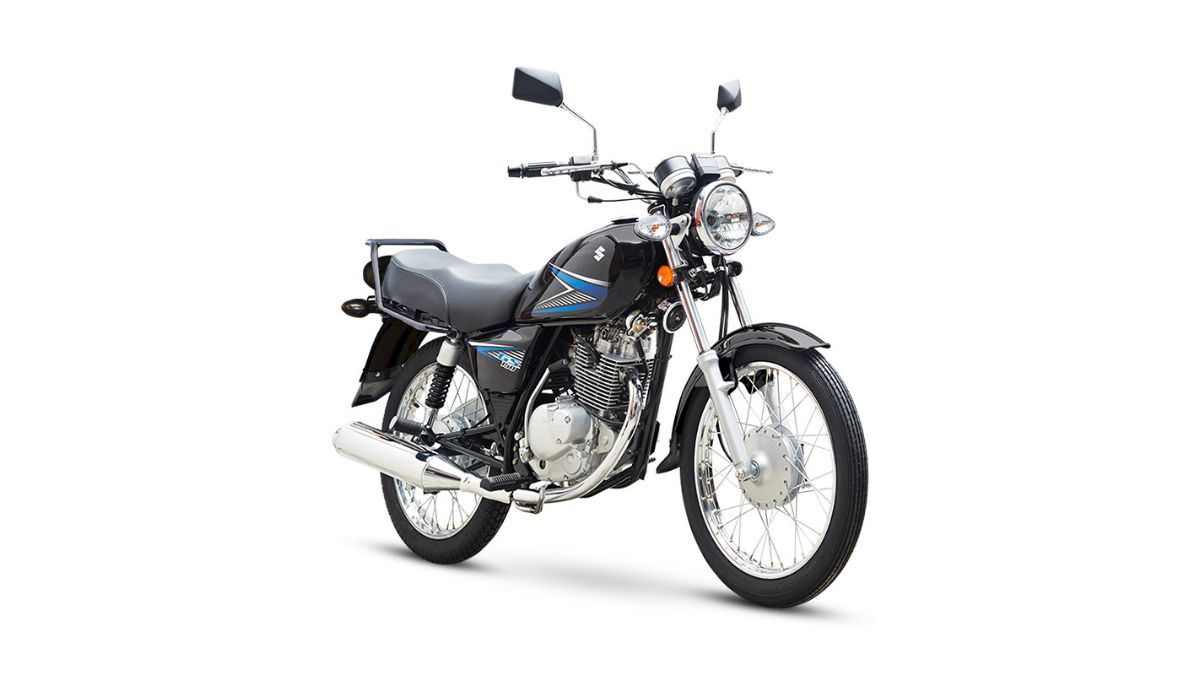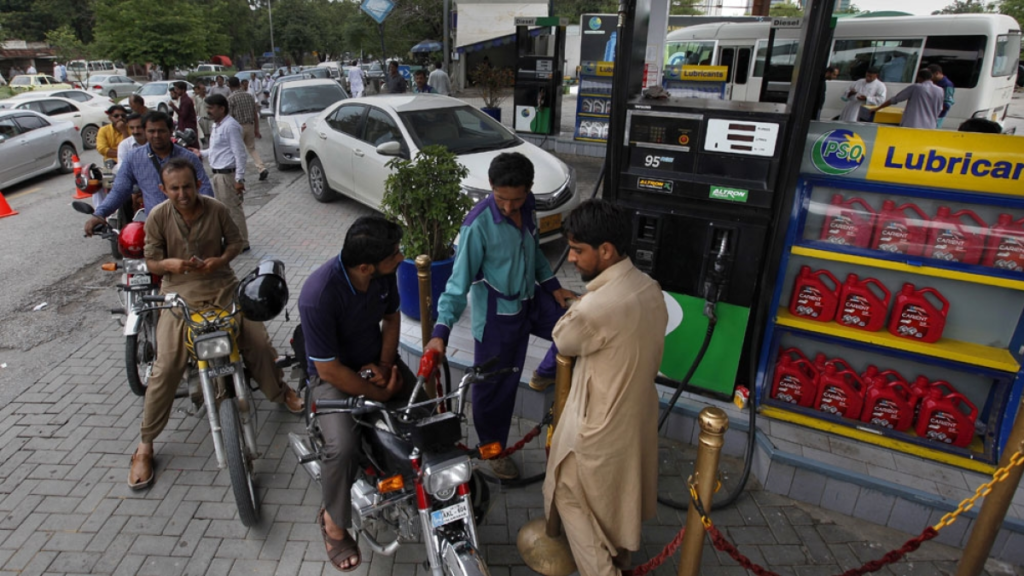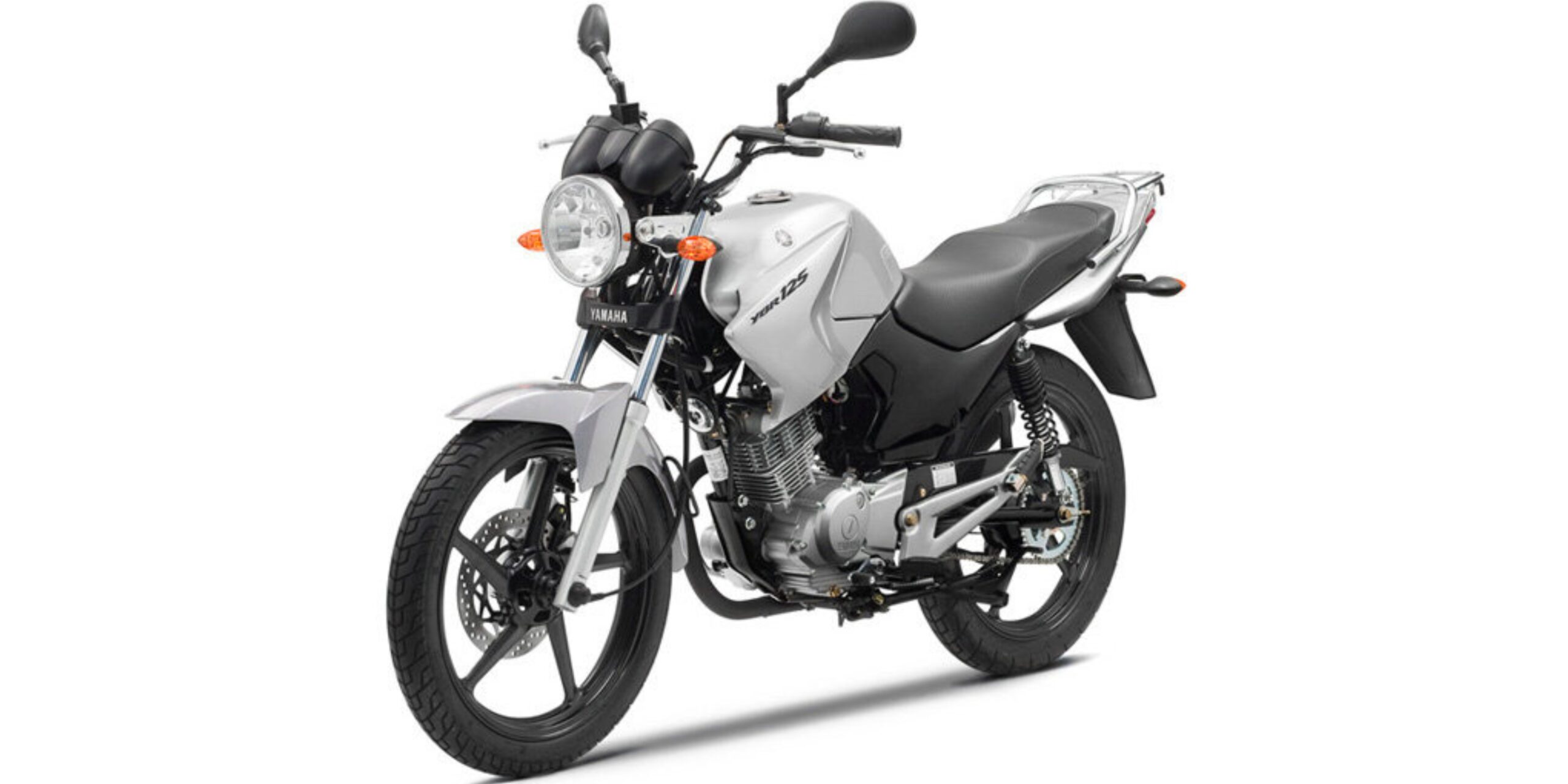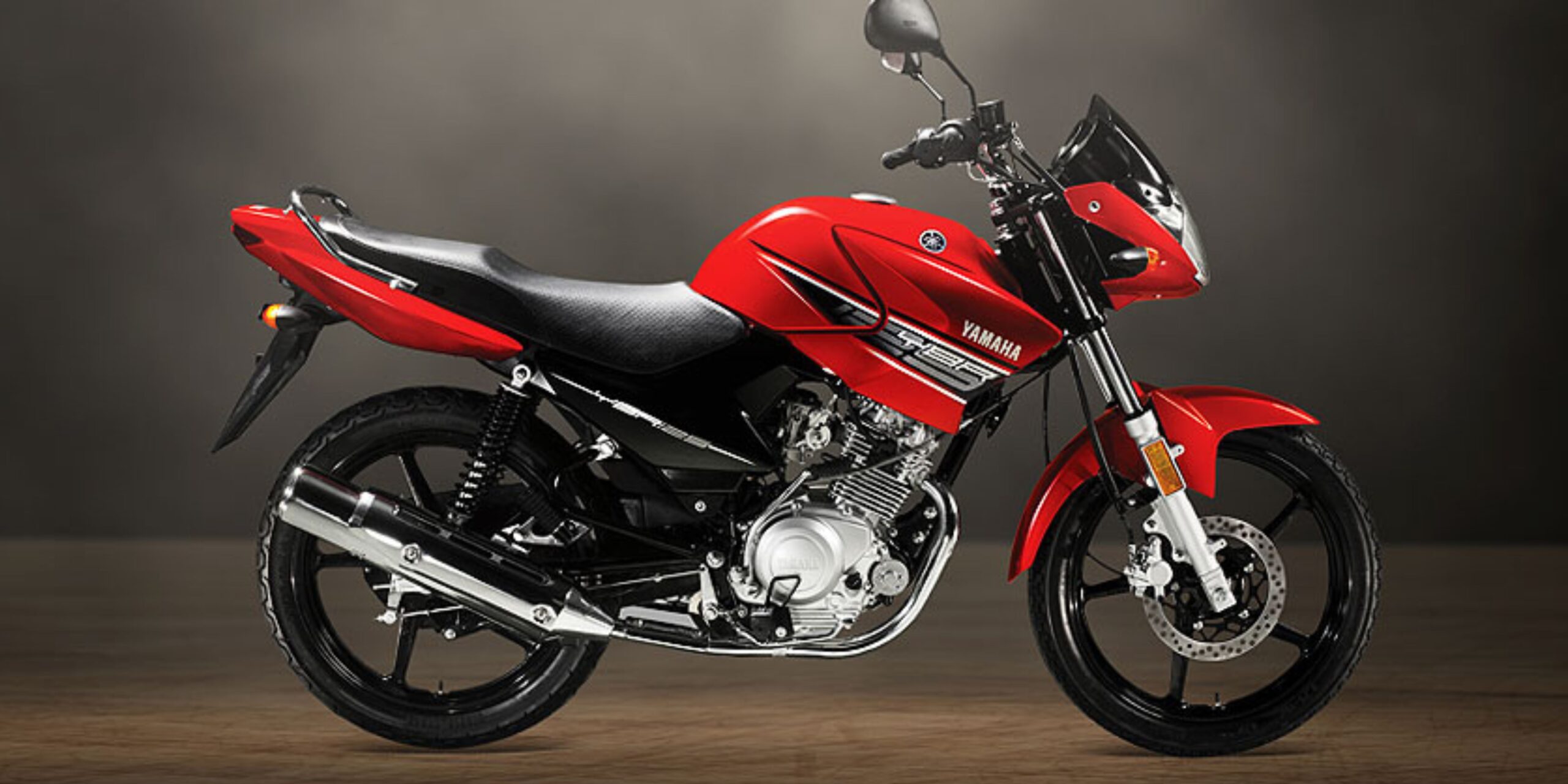In the wake of ongoing economic challenges, Pak Suzuki, one of Pakistan’s leading automotive manufacturers, has made the difficult decision to temporarily shut down its operations. This development is a clear reflection of the economic pressures facing businesses in the region. As we delve into the factors that led to this pivotal decision, we’ll explore the intricate relationship between economic turmoil and the automotive industry. Join us in this insightful journey as we examine the impacts, strategies, and future prospects surrounding Pak Suzuki’s response to these pressing economic pressures. Continue reading to gain a comprehensive understanding of the situation through the following headings.
Understanding the Economic Challenges Faced by Pak Suzuki
In the ever-fluctuating landscape of Pakistan’s economy, Pak Suzuki has found itself grappling with an array of economic challenges. Factors such as inflation, currency devaluation, and rising production costs have significantly impacted the automotive industry. The decision to temporarily shut down operations stems from a need to reassess and adapt to these challenges. By understanding these economic hurdles, we gain insight into the complexity of maintaining a sustainable manufacturing business in this environment.
The Impact of Economic Pressures on the Auto Industry
Economic pressures are reverberating across the entire auto industry in Pakistan. Pak Suzuki’s shutdown decision is emblematic of the broader struggles faced by automotive manufacturers. This section delves into the ripple effect of economic turmoil on not just Pak Suzuki but the industry as a whole. We’ll examine how supply chain disruptions, fluctuating consumer demand, and increased operating costs are forcing companies to adapt and make difficult choices.
Exploring Pak Suzuki’s Shutdown Strategy Amid Economic Turmoil
Amid the economic turmoil, Pak Suzuki’s shutdown strategy is a focal point of interest. This section offers a detailed exploration of the company’s approach to handling economic challenges. We’ll look at the duration of the shutdown, its impact on employees, and how Pak Suzuki plans to maintain its market position during this hiatus.
Economic Indicators and Pak Suzuki’s Decision
Economic indicators play a pivotal role in business decisions, and Pak Suzuki’s choice to shut down operations is no exception. In this section, we delve into key economic indicators that influenced Pak Suzuki’s decision. Factors such as GDP growth, inflation rates, and currency exchange rates will be analyzed to provide a comprehensive view of the economic landscape.
Pak Suzuki’s Response to Economic Pressures
What lies ahead for Pak Suzuki in the face of these economic pressures? This section offers insights into the company’s response strategies. We’ll explore potential scenarios, including resumption plans, diversification efforts, and market adaptation, to shed light on the future prospects of Pak Suzuki.
In conclusion, Pak Suzuki’s decision to temporarily shut down its operations amidst economic pressures serves as a poignant reminder of the challenges businesses face in today’s volatile economic landscape. As we’ve explored throughout this article, a confluence of factors, including inflation, currency devaluation, and rising production costs, have strained not only Pak Suzuki but also the entire automotive industry in Pakistan.
The impact of economic pressures on the auto industry is undeniable, with supply chain disruptions, fluctuating consumer demand, and increased operating costs presenting formidable hurdles. Pak Suzuki’s response to these challenges, in the form of a strategic shutdown, is a testament to the company’s commitment to weathering the storm and emerging stronger.
Analyzing the economic indicators that influenced Pak Suzuki’s decision further underscores the complexity of navigating this environment. GDP growth, inflation rates, and currency exchange rates are all critical metrics that businesses must monitor closely in these trying times.
Looking to the future, we find optimism in Pak Suzuki’s response strategies. The company’s adaptability and commitment to the market suggest that it is well-positioned to bounce back when economic conditions improve. Whether through diversification, innovation, or recalibration of operations, Pak Suzuki’s determination to stay competitive is commendable.
As the automotive industry in Pakistan faces these challenges head-on, it is essential to remain vigilant, adaptive, and prepared for whatever economic shifts may come. Pak Suzuki’s journey serves as an insightful case study in resilience and adaptability in the face of economic adversity, offering valuable lessons for businesses in similar predicaments.









